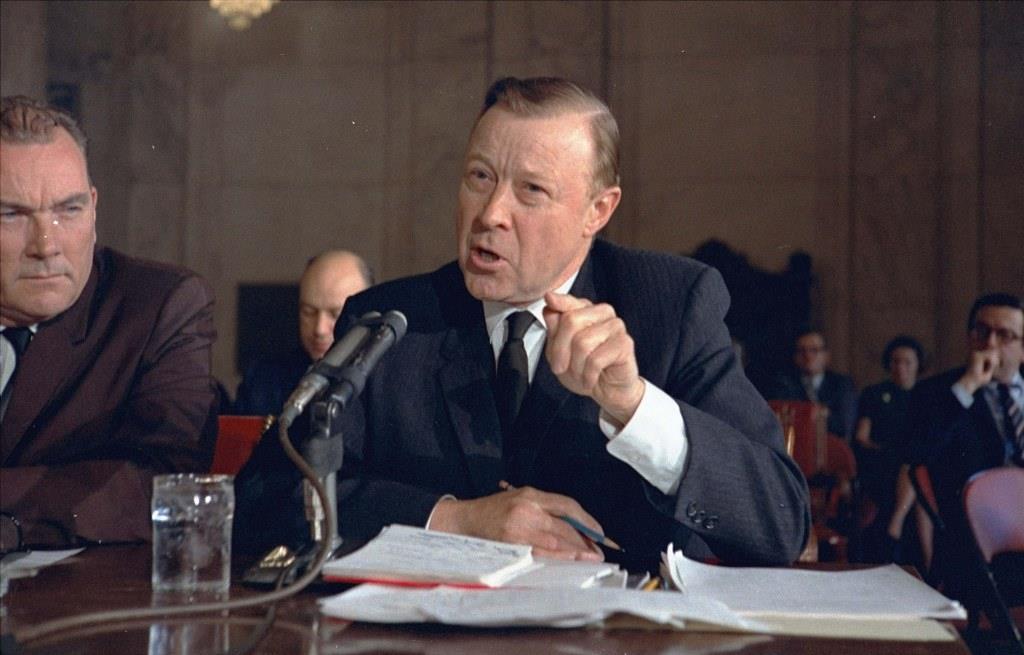The two main factions that built the UAW in the 1930s and ’40s—Reuther’s social democrats and their communist-dominated opposition—were both comprised of highly talented idealists who saw the union as a vehicle to build a more egalitarian America. They attracted like idealists from both the shop floor and university campuses, and, even when fighting each other tooth and nail, they won more significant victories for American workers than any other institution before or since. What they couldn’t arrest was the offshoring of the industry and the deindustrialization of the American economy, which reduced the UAW’s membership from 1.5 million at its peak to 400,000 today, and subjected the wages and benefits of its remaining members to ferocious downward pressure. The loss in members and clout was slowly matched by the loss in the elan that Reuther and the union’s early leaders had once brought to the UAW, though the union always had and still has a number of excellent and militant officials and staffers. But it also has had leaders who, as Reuther put it, managed to “wallow in luxury like a bunch of capitalists”—on the union’s dime.
There are sadder stories about American workers, but few sadder ones about unions.

